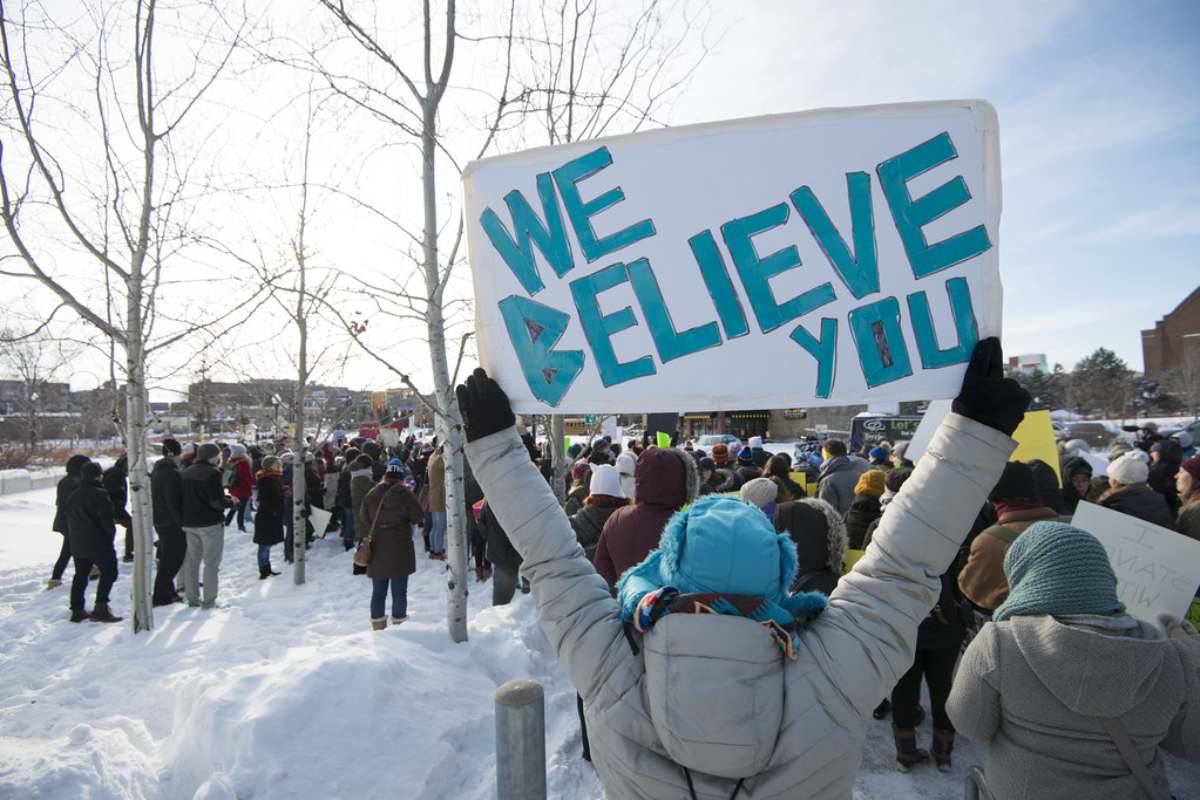Study shows that rape survivors thrive in conducive environments situated away from the place of trauma through adaptive coping mechanism.

Representative image. (Creative Commons)
The Kerala model of rehabilitation shows that rape survivors thrive in conducive environments situated away from the place of trauma and by actively choosing adaptive coping skills, says a study.
The study, published in the Indian Journal of Psychiatry, researched the quality of the lives of rape survivors in Kerala and concluded that those who focus on adaptive coping skills are leading better lives.
Adaptive coping skills include psychological and mental exercises like acceptance, planning, positive reframing, humour, and the use of emotional and instrumental support.
Whereas maladaptive skills include practices of self-distraction, denial, venting, substance use, behavioural disengagement, and self-blame.
The study remarked that the Indian society should be better equipped to provide seamless integration of the rape survivors back into the society.
“This can only happen if we collectively acknowledge their struggles and give them proper intervention to address the trauma they face,” says the study.
The researchers studied 63 rape survivors in Thiruvananthapuram and found that when a rehabilitation system is in place, these victims cope with the trauma in a better way and lead better quality lives.
“A lot of work has been done at the grassroots level in the society for rehabilitation of rape victims in Kerala, segregating them from their abusive circumstances and taking care of their basic needs and education,” said the author of the research.
The state has opened 13 Women and Child Care homes under the Department of Women and Child Development since 2013, beginning with the Thiruvananthapuram district, to provide shelter to the victims of sexual abuse and human trafficking.
Survivors less than the age of 12 are being rehabilitated in the Save Our Souls (SOS) model shelter homes.
Children who have been assessed to have an unsupportive and abusive environment at home, based on complaints received by the police, are brought to these child care homes.
At the home, all basic needs, including the education of the children, are taken care of by the government.
Every home provides access to a psychologist and a legal counsellor, who provide counselling and life skill training.
“This helps in increasing their resilience and instilling hope in them after their trauma,” said the researcher.
“Feelings of shame, confusion, and guilt are common amongst the rape survivors. They may worry about what others will think, or they may possibly blame themselves and play assault in their minds over and over again. It might increase the risk of mental health issues,” Dr Manovikas Prasad, a psychiatrist in Hyderabad, told South First.
“Till the time they don’t choose the adaptive coping mechanism by themselves, it will be hard for them to come out of the spiral of negative thoughts and will feel stuck,” he added.
“The psychological work includes liberating oneself from the fears caused by the trauma, acknowledging and bearing the pain caused by the rape, and attaining control of one’s life again,” he explained and added that it brings positive enforcement in their lives.

Jul 26, 2024

Jul 26, 2024

Jul 26, 2024

Jul 26, 2024

Jul 26, 2024

Jul 26, 2024